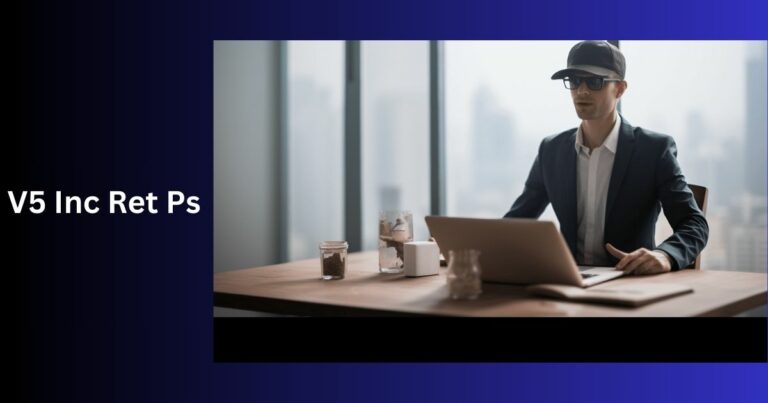The Ultimate Guide to Rental Management: 4 Things You Need to Know
Are you tired of the stress and problems that come with managing your rental property? You’ve come to the right place.
In this blog post, we’ll cover the key things you need to know to make rental management easier and more profitable. You’ll learn how to handle tenants, avoid financial issues, and manage your property smoothly.
Get ready to improve your rental management skills with this helpful guide.
1. Understanding the Local Rental Market
Rental managers need to know about the following:
- local pricing
- demand
- and demographics to make smart decisions
For example, understanding the average rent prices in the area helps set a competitive and profitable rent for a property. Knowing what types of rentals are in demand and who is looking for them can guide how to market the property effectively.
Also, being aware of local market trends helps expect and adapt to changes. In short, understanding the local rental market is key to making the most money and succeeding in estate management.
2. Maintaining Good Communication
This means staying in touch with tenants about the following:
- rent payments
- maintenance requests
- and any other concerns
Good communication also involves giving tenants important information and updates about the property and its rules. If you don’t communicate well, it can lead to misunderstandings, delays in fixing problems, and even legal issues.
As a rental manager, keeping an open line of communication helps build a positive relationship with tenants. This not only helps the rental property succeed but also builds trust and satisfaction for everyone involved.
3. Knowing Landlord-Tenant Laws
Knowing landlord-tenant laws is key to managing rentals successfully. As a landlord, you need to understand the rights and duties of both you and your tenants. These laws differ by state and cover important topics like security deposits, lease agreements, eviction procedures, and tenant rights.
Not following these laws can lead to legal issues and financial losses. It’s your job to provide a safe, livable space and to respect your tenants’ privacy and property. Learning these laws is essential for a positive and legal rental relationship.
4. Budgeting and Keeping Track of Expenses
Whether you are a property owner or a rental management company, having a solid understanding of your expenses and budget is essential for making informed decisions about your rental property. By monitoring expenses such as property taxes, maintenance costs, and insurance premiums, you can determine your rental property’s profitability.
Additionally, keeping track of your budget allows you to identify areas where you may need to cut costs or invest more resources. Thus, you may visit Property Management Charlotte NC, for instance, so you can access data and analytics that will assist you in managing your rental property and maximizing its potential for success.
Unlock the Secrets of Successful Rental Management
Managing rental properties can be a daunting task, but with these key tips in mind, you can streamline the process and maximize your profits. From setting the right rent to utilizing effective tenant screening processes, be sure to implement these strategies to ensure successful rental management. Start implementing these tips today and see the difference they can make in your rental business!
Don’t wait any longer, take your rental management to the next level and see the results for yourself. Don’t miss out on this ultimate guide to becoming a successful rental manager.
Looking for more tips and advice? You’re in the right place! Make sure to bookmark our page and come back to check out more interesting articles.






